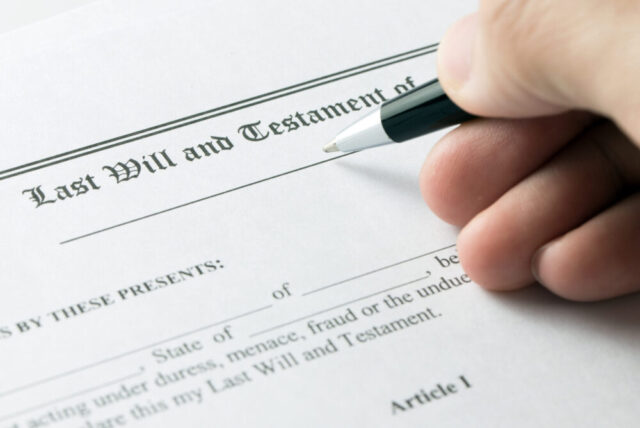As the executor of a grantor’s Last Will and Testament document, you may understand that your ultimate goal is to distribute property and assets amongst their designated beneficiaries as instructed. But before taking this final step, you must do your due diligence in informing their beneficiaries about what exactly they should expect to come their way. With that being said, please continue reading to learn how to notify beneficiaries about their inheritances and how one of the experienced Butler County estate & trust administration attorneys at Heritage Elder Law & Estate Planning, LLC, can help you execute this appropriately.
How should I notify beneficiaries about their inheritances?
First things first, you should properly identify all the individuals or entities the grantor listed as the designated beneficiaries of their estate. Hopefully, the grantor was thorough and provided their full legal names, even mailing addresses and other contact information. Once you do, you may notify them of their incoming, expected inheritances in one of two ways: personal service or first-class mail. Specifically, you may physically hand the notices to each beneficiary directly. Or, you may send a certified notice via first-class mail to their confirmed mailing address.
Afterward, the Pennsylvania probate court overseeing this specific estate’s administration may require a certification of notice, proof that every last beneficiary was adequately informed. Overall, this should all be done within three months of the grantor’s passing and your appointment as executor.
Who do I notify if there is no valid and enforceable will?
Well, you may be uncertain on the first step toward notifying beneficiaries if the decedent did not establish a valid and enforceable Last Will and Testament document before their unfortunate passing. But if the Pennsylvania probate court still names you the personal representative, executor, or administrator of the estate, you may identify beneficiaries according to the state’s intestate succession laws. Here, the decedent’s surviving children, spouse, parents, and siblings may be the primary heirs. Without further ado, the hierarchy for inheritances reads as follows:
- Their children inherit everything if they do not have a surviving spouse.
- Their spouse inherits everything if they do not have surviving children or parents.
- Their spouse inherits the first $30,000 of their estate plus half the balance, and their children inherit the rest.
- Or, their parents inherit the rest if they do not have surviving children.
- Their spouse inherits half the estate, and their children from another party inherit the rest.
- Their parents inherit everything if they do not have a surviving spouse or children.
- Their siblings inherit everything if they do not have a surviving spouse, children, or parents.
Ultimately, you may notify these deserving heirs of your upcoming plans for estate administration in the same manner (i.e., personal service or first-class mail). Without a will document, all involved parties will likely have more questions surrounding this plan. We understand that you must be eager to start this process. So, without further delay, please schedule your initial consultation with one of the skilled Butler County probate attorneys from Heritage Elder Law & Estate Planning, LLC today.







